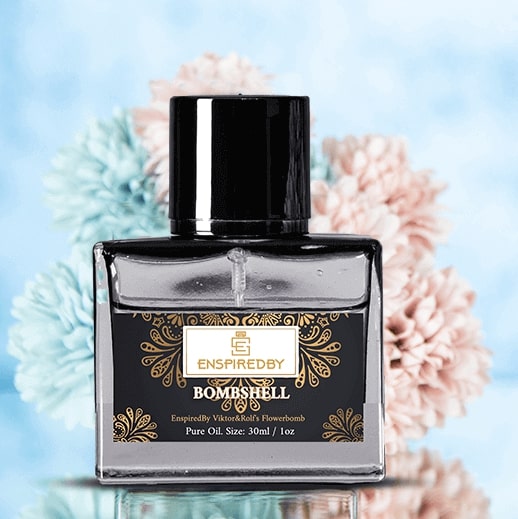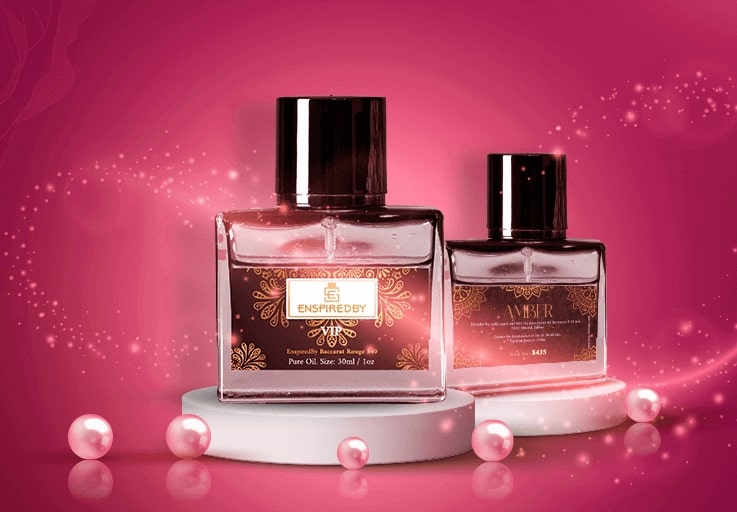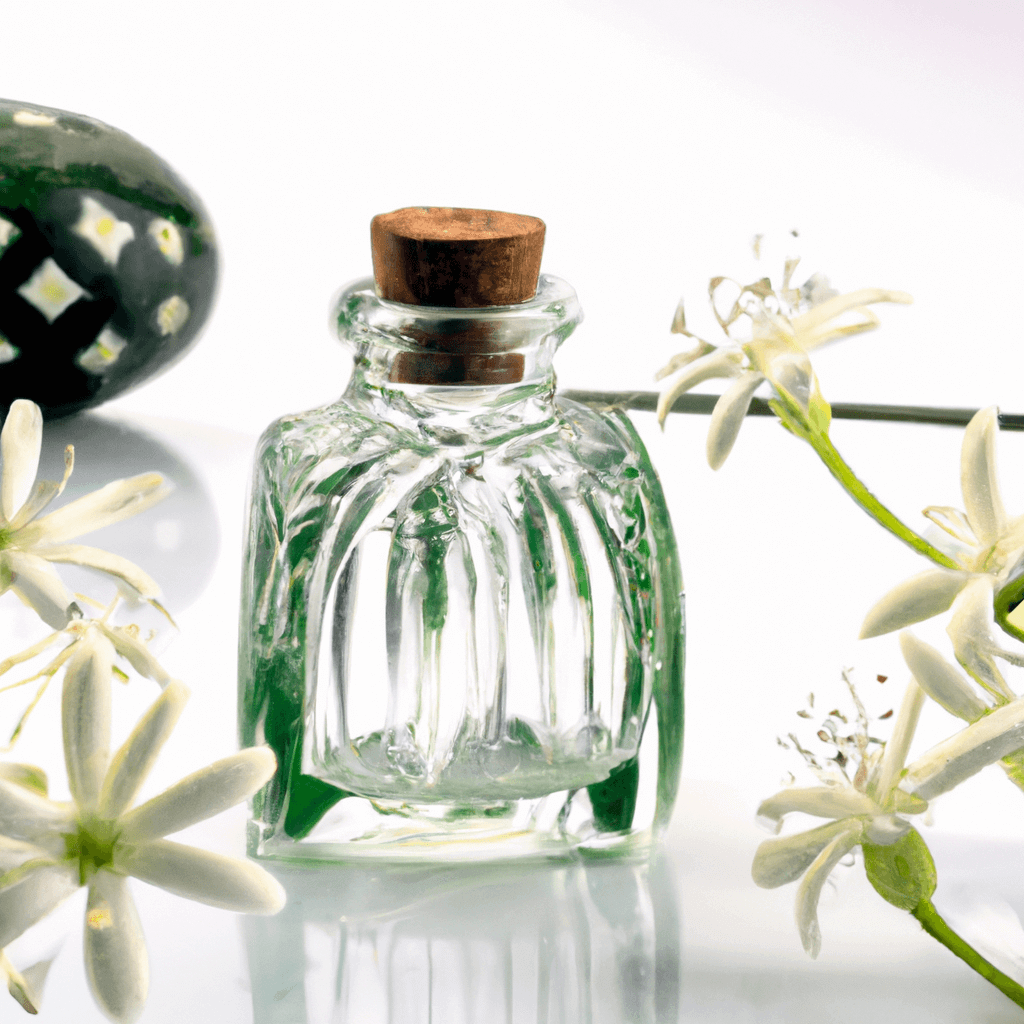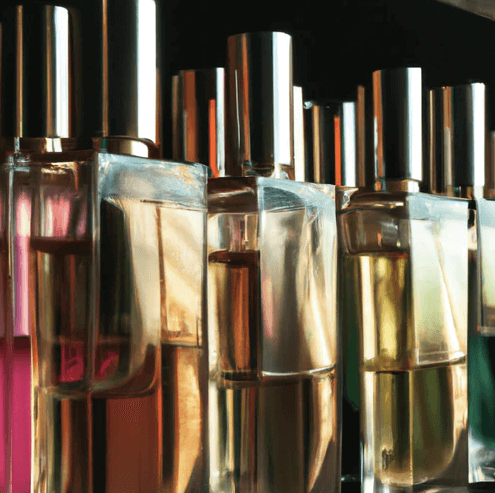The fragrance industry is a multi-billion-dollar market, with countless options available to suit various preferences and budgets. However, it's no secret that some individuals tend to overpay for perfume and cologne, sometimes significantly exceeding their actual value. In this article, we explore the reasons behind this phenomenon and shed light on the factors that contribute to people overpaying for fragrances. Let's uncover the intriguing world of perfume pricing and understand why consumers sometimes find themselves spending more than necessary.
- Branding and Prestige:
One of the primary reasons people overpay for perfume and cologne is the allure of branding and prestige associated with certain fragrance houses. Established luxury brands, renowned fashion houses, or niche perfumeries often command higher prices due to their reputation, heritage, and perceived exclusivity. Consumers may be willing to pay a premium for fragrances associated with these brands, considering them as symbols of status, sophistication, and quality.
- Packaging and Presentation:
The packaging and presentation of a fragrance play a significant role in attracting consumers. Elaborate bottle designs, intricate caps, or luxurious materials can contribute to the perceived value of the product. Brands invest heavily in visually appealing packaging to create a sense of luxury and desirability. As a result, consumers may be enticed to pay more for a perfume or cologne that comes in an exquisite and aesthetically pleasing package.
- Limited Editions and Exclusivity:
Limited edition fragrances and exclusive releases generate a sense of urgency and rarity among consumers. These offerings are often produced in limited quantities or feature unique compositions, making them highly coveted by fragrance enthusiasts. The scarcity and exclusivity associated with such releases can drive up prices, leading some consumers to overpay in their eagerness to acquire these rare fragrances before they disappear from the market.
- Celebrity and Influencer Endorsements:
Celebrity and influencer endorsements have a significant impact on consumer behavior. When a popular figure aligns themselves with a particular fragrance, it can create a strong association in the minds of consumers. This association often leads to increased demand and a willingness to pay a higher price for the perfume or cologne endorsed by their favorite celebrity or influencer.
- Perfume Reselling and Scalping:
In recent years, the rise of online marketplaces and secondary platforms has created opportunities for resellers to exploit the demand for rare or discontinued fragrances. Some individuals purchase sought-after perfumes at retail prices and then resell them at inflated prices to capitalize on the scarcity in the market. This practice, known as perfume scalping, can result in consumers paying exorbitant amounts for a fragrance they couldn't obtain through regular retail channels.
The phenomenon of overpaying for perfume and cologne is a complex interplay of branding, prestige, packaging, exclusivity, and consumer behavior. People's desire for status, the influence of marketing tactics, and the allure of limited editions all contribute to consumers willingly paying a premium for fragrances. It's essential for individuals to be aware of these factors and make informed purchasing decisions, ensuring they truly value the fragrance itself rather than being solely swayed by external factors. By understanding the dynamics at play, fragrance enthusiasts can strike a balance between their passion for perfumes and their financial well-being, making choices that align with their preferences and budget.




